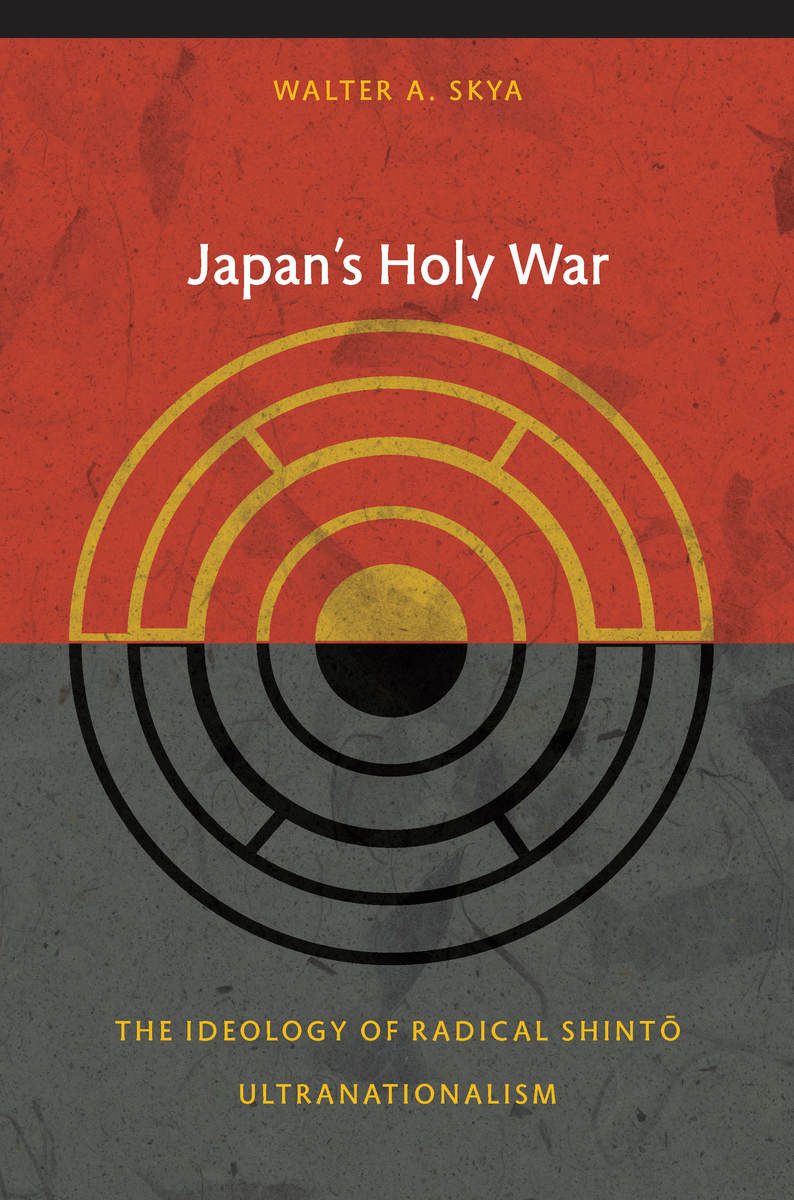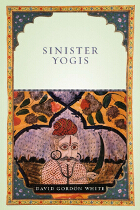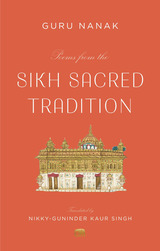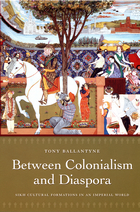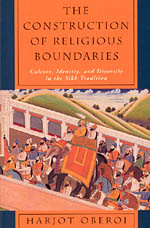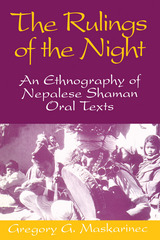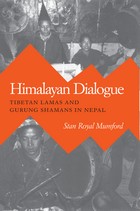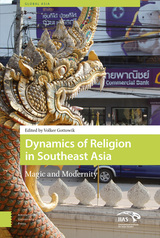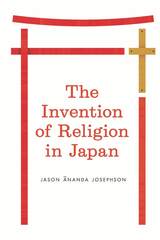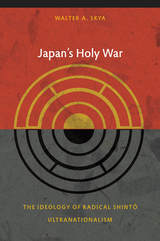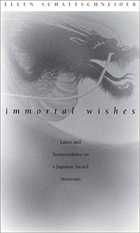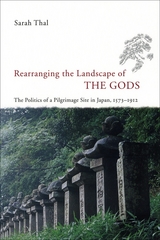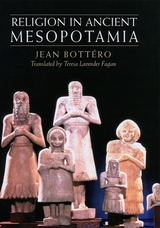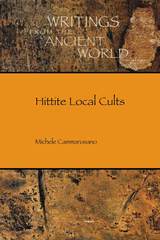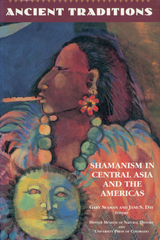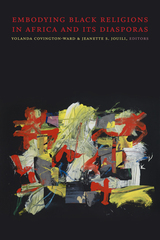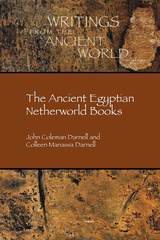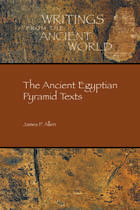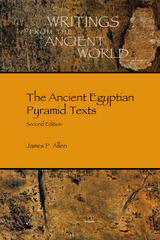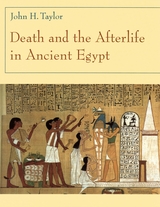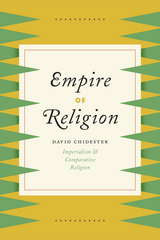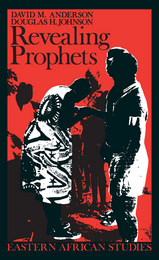“The study may help illuminate some otherwise indecipherable currents of thinking that exist in Japan even today.” - Andrew J. Nathan, Foreign Affairs
“Japan’s Holy War makes an important contribution to an understanding of Shinto ideology. Skya overturns the view that the ideology underwent no significant changes, challenging assumptions about the primacy of the ideas of Hotsumi and presenting pioneering analyses of the works of Uesugi and Kakehi. Skya has been thorough in his research of these theorists.” - Janice Matsumura, Canadian Journal of History
“Walter Skya deserves praise for writing what is perhaps the only extensive
study in English in decades that focuses on right-wing Shinto nationalism until 1945. . . . [T]his book is an important contribution to ongoing discussions on the significance of Shinto in modern Japan’s political arena.” - Fabio Rambelli, Journal of the American Academy of Religion
“The careful reader will come away with a very detailed overview of prewar Japanese fascism. The book is very detailed, very well written, and carefully researched. Japan’s Holy War is a classic work that should be on the reading list of any scholar of Japanese history who wishes to gain some deeper insights into the direction of Japanese politics from the late 1920s through World War II. A Japanese translation of this book should be made as soon as possible. Skyra is to be commended for this major academic achievement.” - Daniel A. Métraux, Virginia Review of Asian Studies
“Japan’s Holy War is an absolutely outstanding and necessary work, a major contribution to international scholarly debate. Walter A. Skya gives the most convincing account to date of Shintō’s ideological implications. His book will become the standard work on the intellectual and ideological history of modern Shintō.”—Klaus Antoni, University of Tübingen
“Walter A. Skya has something new and important to say about Japanese nationalism, and he says it through compelling, thorough research and documentation. Over and against the excessively abstract analyses that see Japanese nationalism as a monolithic, ahistorical force, he reveals how it changed as it responded to contingent events. Such an exciting, theoretically informed, comparative study of Japanese nationalism is long overdue.”—Kevin M. Doak, author of A History of Nationalism in Modern Japan: Placing the People
“Japan’s Holy War is an important work. Walter A. Skya shows clearly that religious ideologies play various roles in public life; State Shintō transformed from an ideology deeply supportive of entrenched authority to one profoundly and violently opposed to it.”—Mark Juergensmeyer, author of Terror in the Mind of God: The Global Rise of Religious Violence
“Japan’s Holy War makes an important contribution to an understanding of Shinto ideology. Skya overturns the view that the ideology underwent no significant changes, challenging assumptions about the primacy of the ideas of Hotsumi and presenting pioneering analyses of the works of Uesugi and Kakehi. Skya has been thorough in his research of these theorists.”
-- Janice Matsumura Canadian Journal of History
“The careful reader will come away with a very detailed overview of prewar Japanese fascism. The book is very detailed, very well written, and carefully researched. Japan’s Holy War is a classic work that should be on the reading list of any scholar of Japanese history who wishes to gain some deeper insights into the direction of Japanese politics from the late 1920s through World War II. A Japanese translation of this book should be made as soon as possible. Skyra is to be commended for this major academic achievement.”
-- Daniel A. Métraux Virginia Review of Asian Studies
“The study may help illuminate some otherwise indecipherable currents of thinking that exist in Japan even today.”
-- Andrew J. Nathan Foreign Affairs
“Walter Skya deserves praise for writing what is perhaps the only extensive study in English in decades that focuses on right-wing Shinto nationalism until 1945. . . . [T]his book is an important contribution to ongoing discussions on the significance of Shinto in modern Japan’s political arena.”
-- Fabio Rambelli Journal of the American Academy of Religion
